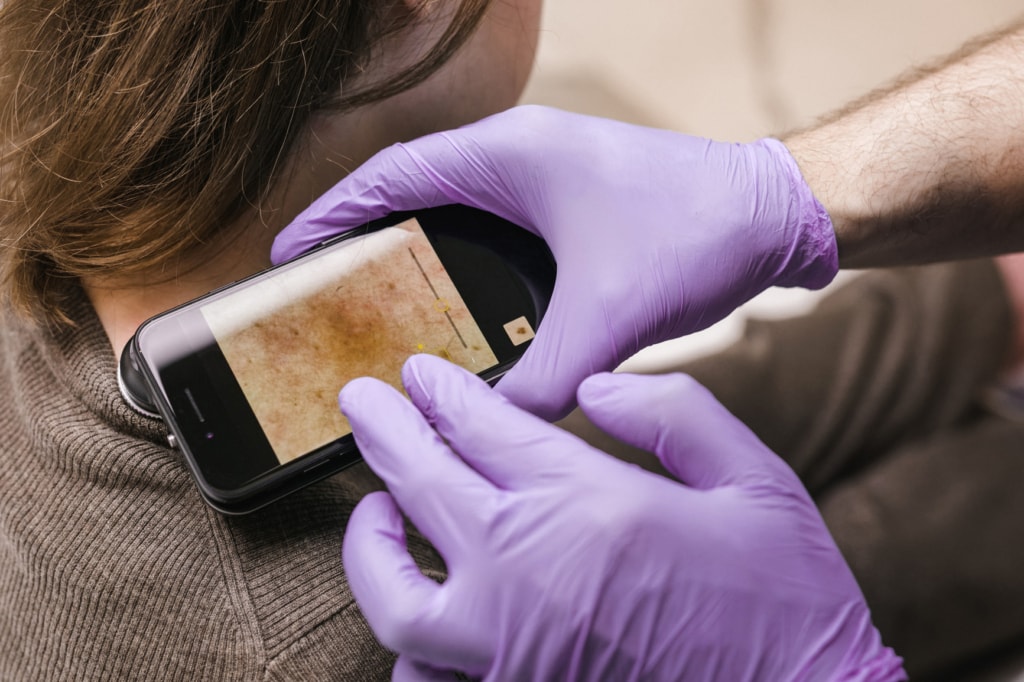Drug discovery and clinical research plays a major role in the medical and healthcare industry. Through these endeavors, scientists can develop new treatments and cures for diseases, or implement preventative measures that mitigate these conditions.
Drug discovery and development also ascertains that a treatment has been proven safe and effective for human use. Moreover, it allows for transparency regarding any side effects and adverse interactions.
To guarantee these conditions, scientists must uphold safe and ethical practices throughout the course of their research and testing. It is these ethical considerations that are the topic of this article.
What are Drug Discovery Ethical Considerations?
Ethical considerations are factors that all clinical research must take into account when conducting studies and trials. These are derived from policies, statutes, and guidelines created in response to past abuses in medical research. They exist to safeguard patients while preserving the study’s merit.
Some influential codes and regulations that govern clinical ethical considerations are:
Why Ethical Considerations Matter
The primary reason for emphasizing ethics in clinical research is integrity. Upholding ethical standards ensures research results are transparent and reliable while also protecting the patients who participate in these trials. It also ensures that patients do not face exploitation or harm due to participation.
Unethical clinical research practices put patients at real risk of physiological or mental harm. They could also compromise results and create flaws in drug development – which would lead to irreparable damage when the drug is released on the market.
Core Ethical Principles of Drug Discovery
Based on the Belmont Report and the Declaration of Helsinki, there are three core ethical principles for clinical research and drug discovery involving human subjects. They center around issues regarding informed consent and the weight of risk versus benefit.
Respect
Researchers and other clinical staff are mandated to treat patients as independent persons capable of making decisions in their own interests. It is imperative that researchers respect a patient’s autonomy – the right to self-determination. A patient can make their own decision even if it involves withdrawing or refusing to participate in the study.
Moreover, respect for autonomy means a patient has the right to any and all relevant information about the clinical study. After all, if they are not cognizant of all the risks and benefits involved in the research process, they cannot truly consent to undergo the trial.
Beneficence
This is the duty of researchers to protect research participants and prevent them from coming to harm. Researchers must assess and identify all potential risks and benefits, and weigh them to ensure the benefits outweigh the possible harm – termed the “risk-benefit ratio.”
To adhere to this, researchers must analyze the likely physical, psychological, social, and financial consequences of the proposed treatment. They must then present these consequences to the relevant review board alongside the medical benefits and value of the study. Both the research body and the review board must decide that these benefits exceed the consequences and that the researchers are adequately able to mitigate the risks.
Justice
A clinical study is required to be fair and equitable in its execution. Researchers must provide equal opportunities for different demographics and patient groups to participate – meaning that anyone affected by the disease target should have access to the trial, within reason.
The aim is to ensure that certain demographics or patient groups are not exploited or over-burdened, and, conversely, that the potential benefits are equally available.
Ethical Issues in Drug Discovery and Clinical Research
Medical research has made significant progress in terms of addressing historical ethical issues. However, scientists are still confronted by several dilemmas regarding ethics in drug discovery and development.
Vulnerable populations
The U.S. FDA defines a vulnerable population to include children, prisoners, pregnant women, disabled persons, and disadvantaged persons. When conducting clinical trials, researchers must be more vigilant and conscientious with patients from vulnerable populations.
Certain ethical concerns that come up include the issue of consent. For example, studies concerning children require parental consent alongside the child’s consent, but the child cannot comprehend a clinical study, and the parents may not be acting in their best interests.
Or take a study concerning patients who have neuro-degenerative conditions such as Alzheimer’s. Since they are not competent enough to assert their own consent, it is instead obtained by proxy. But the proxy may not be acting in the patient’s best interests or may go against the patient’s lived wishes.
Diversity in recruitment
While clinical research has come a long way in modern times, there are still areas in which it lacks. One glaring example is diversity in patient recruitment. Many researchers have kept white (European or Caucasian) persons as the default patient, and have put too little effort into diversifying their patient pools to include underrepresented populations.
Medical compounds and drugs may have differing effects on different demographics. For example, a drug may metabolize faster in one group or may linger longer in another. It could have more pronounced effects or fewer ones as well. The lack of diversity in a participant pool results in incomplete information regarding a medication, which could have adverse outcomes once the drug goes public.
Financial compensation
While patient participation in clinical trials is voluntary, most patients will still receive compensation. Clinical research programs will compensate patients using the program budget, but some advocates argue over the complications of providing these incentives.
The discussion revolves around the coercive effect that a financial incentive can have on potential participants. It may have an undue influence on a patient’s willingness to enroll despite the risks. And without policies that regulate compensation, biotech, and pharmaceutical firms may underpay participants to maintain profits.
Stem cell research
Stem cells are specialized cells within organisms (such as humans) that maintain, replace, and repair all types of tissues. Stem cell therapy has become more prevalent as scientists work hard towards developing treatments and cures for diseases. Because of the special nature of these cells, researchers believe they may be key to treating degenerative diseases.
But stem cells are not without complications – in particular, how to harvest them. There are two types of stem cells: adult and embryonic. Scientists can harvest only a limited number of adult stem cells from developed tissues, and these cells only regenerate in a singular type.
Embryonic stem cells, meanwhile, come from unused embryos that undergo in vitro fertilization. While generally, these embryos are voluntarily donated, it still raises a debate over whether it is ethical to use a fertilized embryo in clinical research.
Validity of informed consent
Informed consent is one of the most crucial ethical considerations of a clinical trial. Each and every participant in a study must be fully informed of the study’s parameters and processes. Only then can they consent to participate in the study and accept the conditions involved.
There are three aspects of informed consent – that it should be voluntary, the subject should be competent, and it should be adequately informed. But it’s difficult to standardize and quantify what qualifies as “adequate” information.
Before consenting, participants must understand the risks and benefits of the treatment, the procedures they will undergo, and the purpose of the study. They should also understand that participation is purely voluntary.
However, researchers face challenges in fully explaining these concepts in ways participants will understand – raising the issue of whether they are adequately informed at all. This is a debate not easily settled, and the only course for researchers is to provide as much information as possible for the participants ahead of the study.
Placebo and controlled studies
Controlled clinical trials involve providing one group with an experimental treatment and another with a placebo. This placebo is an intervention that lacks the active compound or molecule being tested in the trial, although it is otherwise indistinguishable from the treatment.
The use of a placebo is inherently contradictory – a patient is led to believe they are receiving active treatment, but in reality, they are not. It is true that patients are informed that they will not know which treatment they will receive, but the use of a placebo raises other issues.
For example, a participant may actually suffer harm by not receiving active treatment. The use of a placebo may lead to higher levels of pain or worsening of symptoms, as well as other potential risks. For this reason, many regulatory bodies – alongside the Declaration of Helsinki – mandate that the use of a placebo is only acceptable provided patients who receive it do not risk “serious or irreversible harm.”
Potential for exploitation
The Declaration of Helsinki also states that “the well-being of the individual research subject” takes precedence over all other interests. However, implementation of this mandate faces challenges, particularly in that “patient protection” is not standardized.
This has led to some institutions and organizations outsourcing their clinical trials to countries where these protections are less strict. These countries are often more economically vulnerable, or are somewhere the disease is more prevalent – therefore increasing their need to find a treatment. This may lead to a sense of captivity and urgency in individual participants and their nation state.
Clinical Research and Ethical Considerations
It is imperative that researchers and healthcare workers uphold these ethical standards to ensure that clinical trials remain safe, credible, transparent, and effective. Medical research institutions and contract research organizations (CROs) must strike a balance between patient protection and public interest – advocating for both without negative compromise.
Vial is a next-generation, tech-powered CRO that enables clinical sponsors to execute faster, better, and cheaper clinical trials while upholding high ethical standards. Here at Vial, we strive to empower sponsors and scientists while putting patients at the center of our work. If you’d like to work with us on your clinical trial, contact us today!



